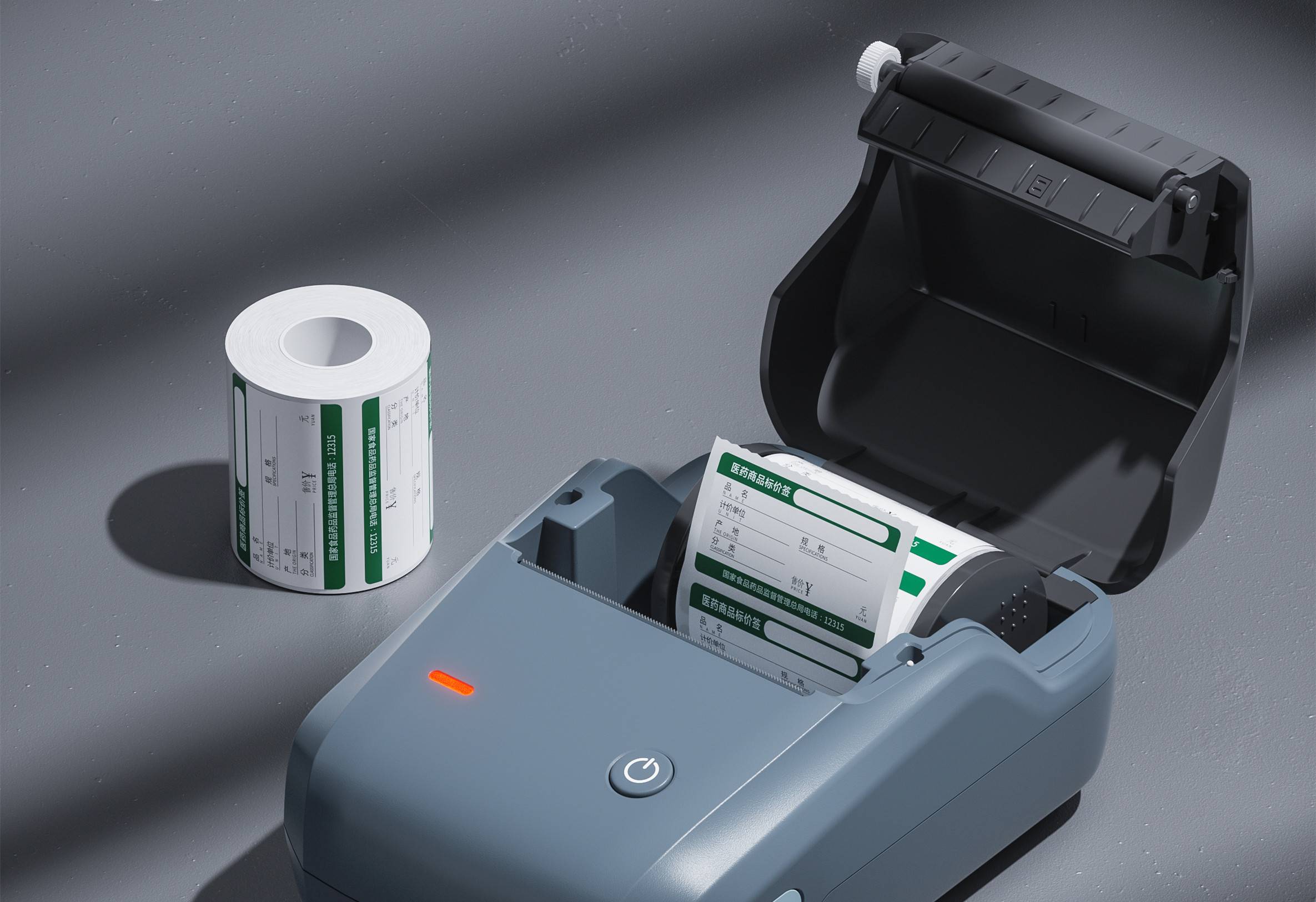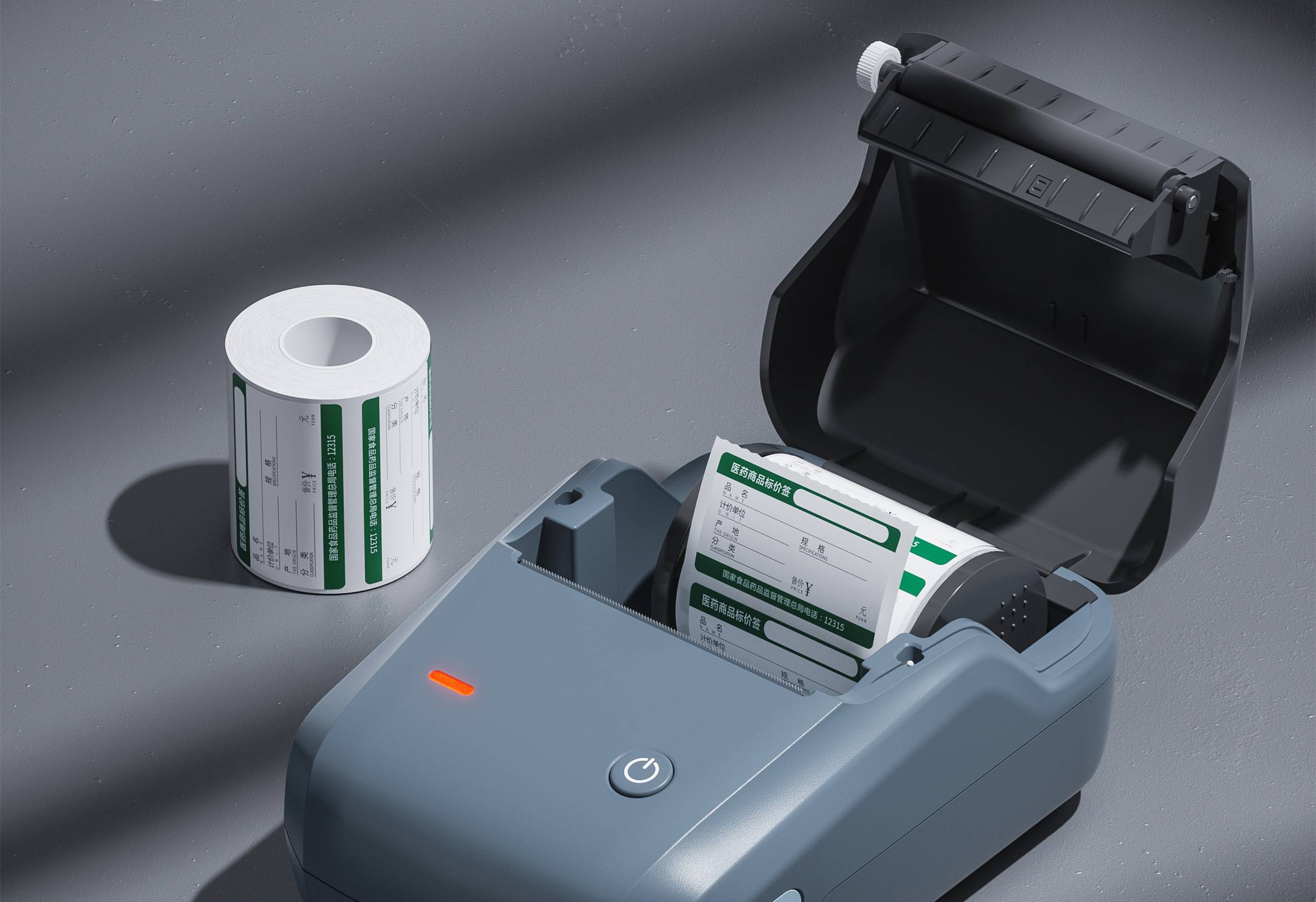In Mode A (requiring inspection): Suitable for enterprises that are exporting for the first time or have not met the requirements of Modes B and C. Exporters are required to undergo inspection by the issuing authority to ensure that the products comply with Moroccan standards. Inspection is usually conducted in the exporting country, but some special products may require local inspection in Morocco.
Under B mode (exempt from inspection): for traders and manufacturers who export to Morocco in a long-term and stable manner. Enterprises are required to provide complete technical documents and quality assurance system certification. After approval, the inspection process can be exempted.
In C mode (exempt from inspection): suitable for manufacturers with a complete quality management system and products that comply with Moroccan standards. Enterprises need to submit relevant supporting documents, and after approval, they can directly obtain the COC certificate without the need for inspection.
1. Application form: It is necessary to fill in enterprise information, product details, and export information.
2. Formal or commercial invoice: It should include detailed information such as product name, specifications, quantity, unit price, total price, etc., to ensure consistency with the actual exported products.
3. Packing list: including product name, quantity, weight, etc.
4. Test report: The report must be issued by a recognized laboratory and cover key indicators such as product quality and safety performance.
5. System certificate (if any): If the enterprise has obtained ISO or other quality management system certification, relevant certificates can be provided as supplementary materials.
1. Legitimacy guarantee. The Moroccan government implements strict supervision on imported electronic devices, and COC certification is a mandatory requirement to ensure that products comply with local safety, quality, and environmental standards.
2. Reduce the risk of product recalls. COC certification requires products to undergo strict safety and quality testing to ensure that they do not pose any safety hazards to consumers during use. The risk of product recall through certification is greatly reduced, reducing the economic losses of the enterprise.
3. Break through international trade barriers. As an important trading partner of Africa and Europe, COC certification is not only the key to entering the Moroccan market, but also helps companies break through trade barriers in other African countries and expand their global market share.
1. What is Moroccan COC certification? COC certification is a mandatory import product compliance certification required by the Moroccan government, and all electronic devices must pass this certification before entering the Moroccan market.
2.Why do we need COC certification? Moroccan COC certification is not only a strict control of product quality, but also a responsibility for consumer safety. Products that have not been certified will not be able to enter the Moroccan market and may even face fines or return risks.
3.How to apply for COC certification? Generally speaking, applying for COC certification requires providing application forms, formal or commercial invoices, packing lists, factory information, and other materials. The certification body will conduct audits and tests based on the product type, and ultimately issue a certification certificate.
4. What is the certification period and cost? The certification cycle and cost vary depending on the type and complexity of the product, but choosing a professional and efficient certification agency can greatly shorten the time and cost. Remember not to choose unregulated institutions just because of low prices, as it may affect the certification process and product quality.

Label printers entering the Brazilian market, ANATEL certification is an essential passport! It is the recognition of the Brazilian Telecommunications Authority for the safety and compliance of electronic products, without which products cannot be legally sold.

SRRC certification is not only a guarantee of product compliance, but also a key to opening up the market.

FCC ID certification is a mandatory certification for electronic products by the Federal Communications Commission (FCC) in the United States, and it is essential for label printers to obtain this certification.
The Moroccan government implements strict supervision on imported electronic devices, and COC certification is a mandatory requirement to ensure that products comply with local safety, quality, and environmental standards.
Get a quote